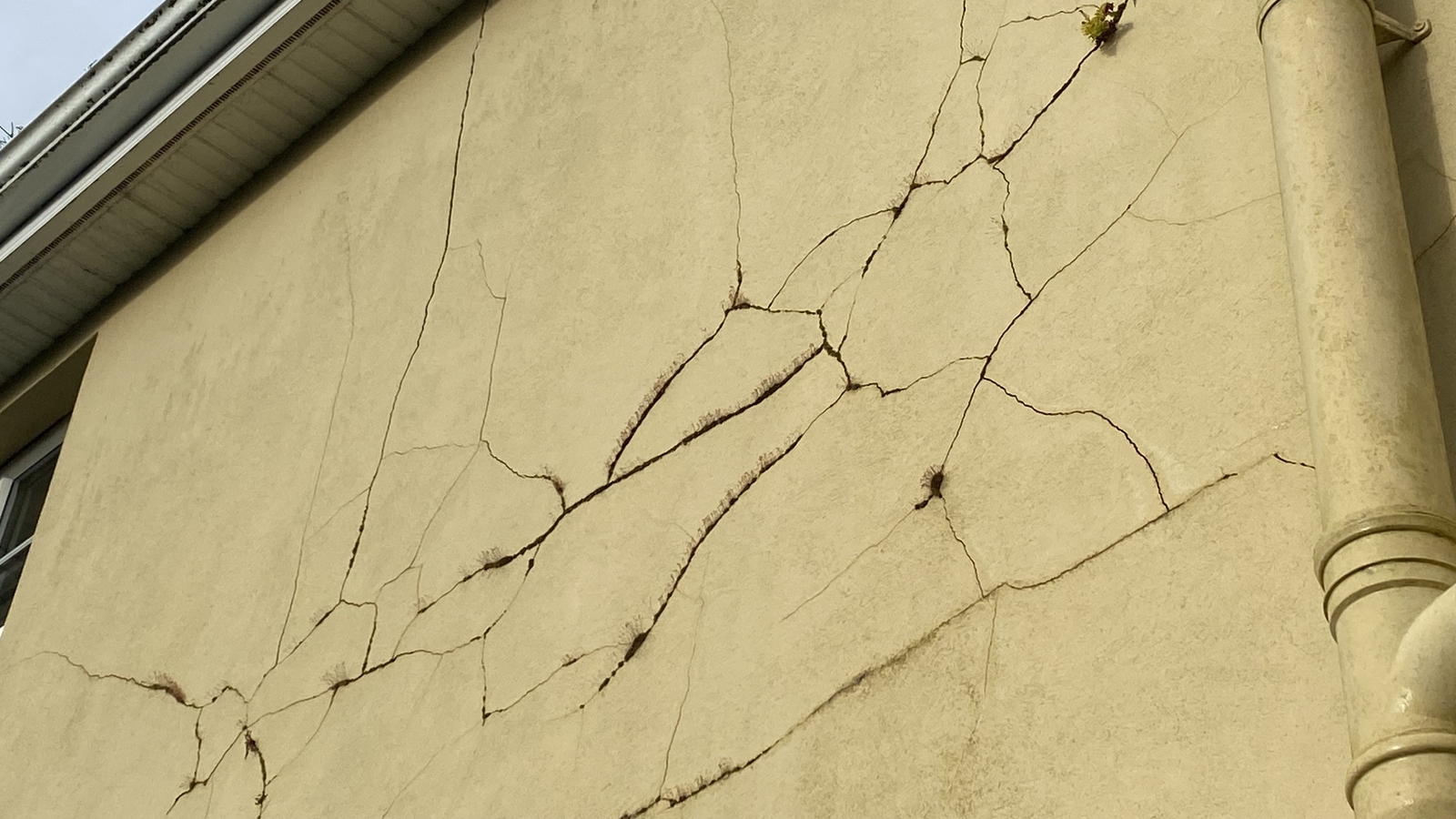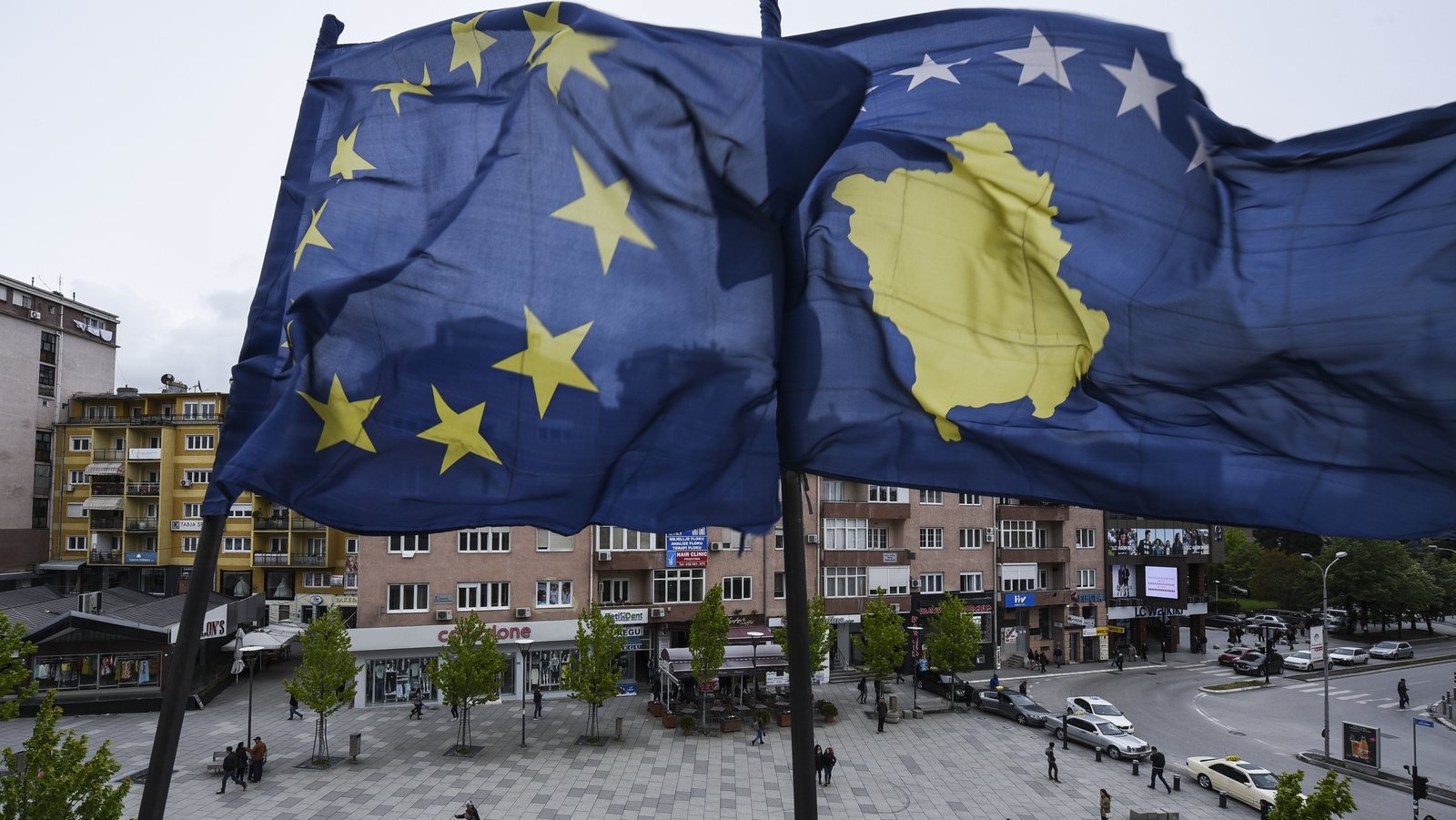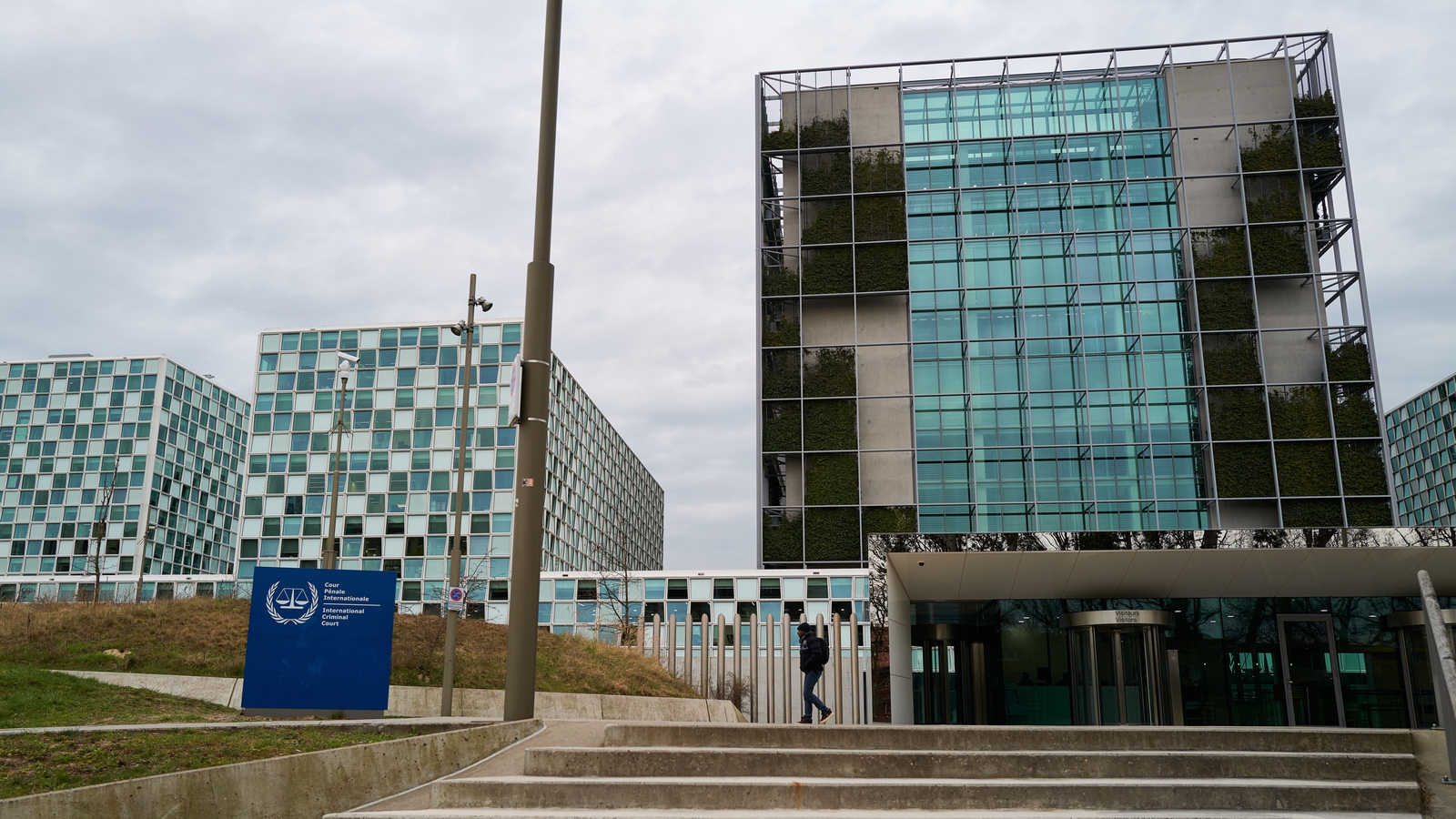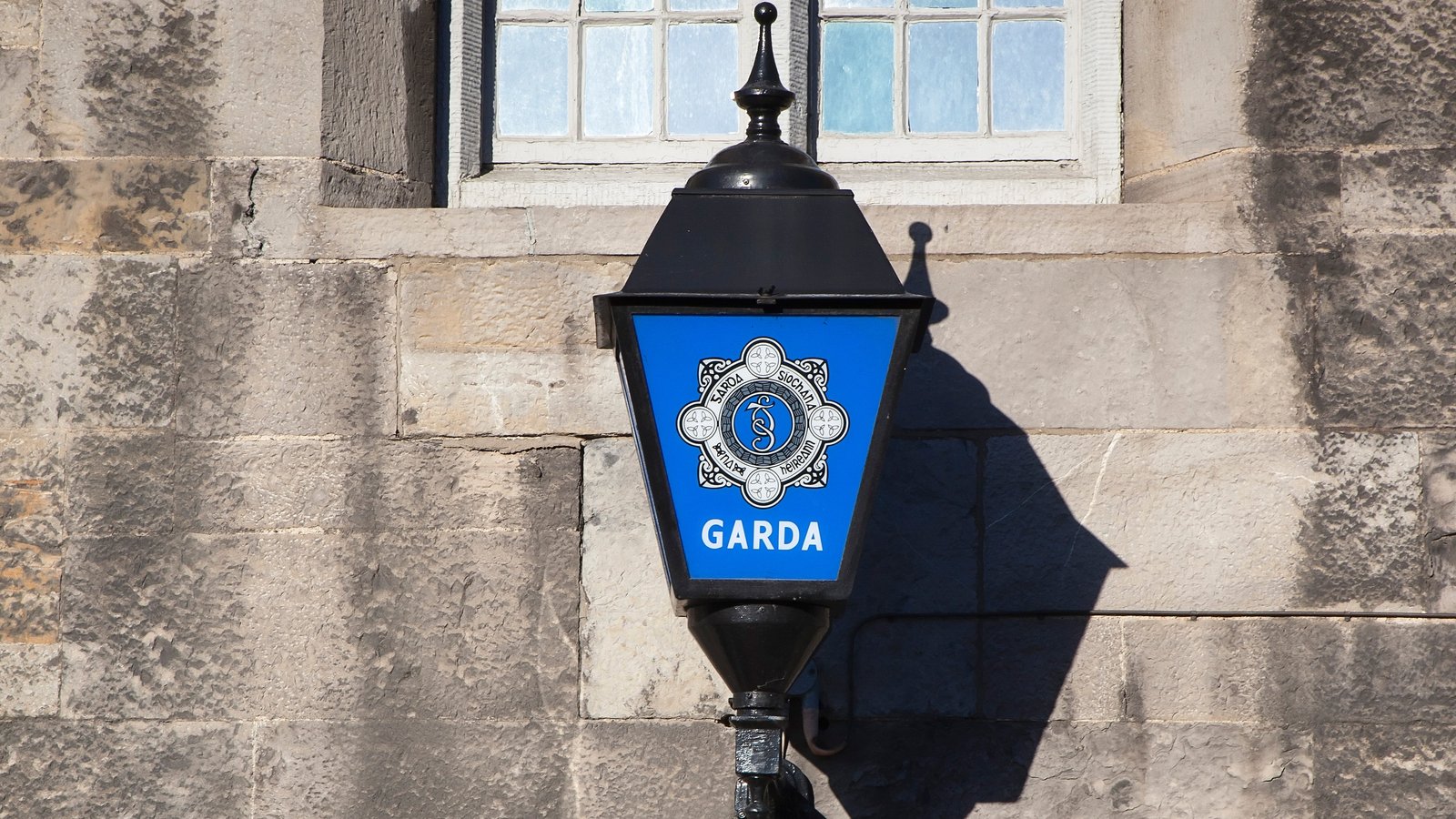Target set to reduce waste by 300k tonnes over six years
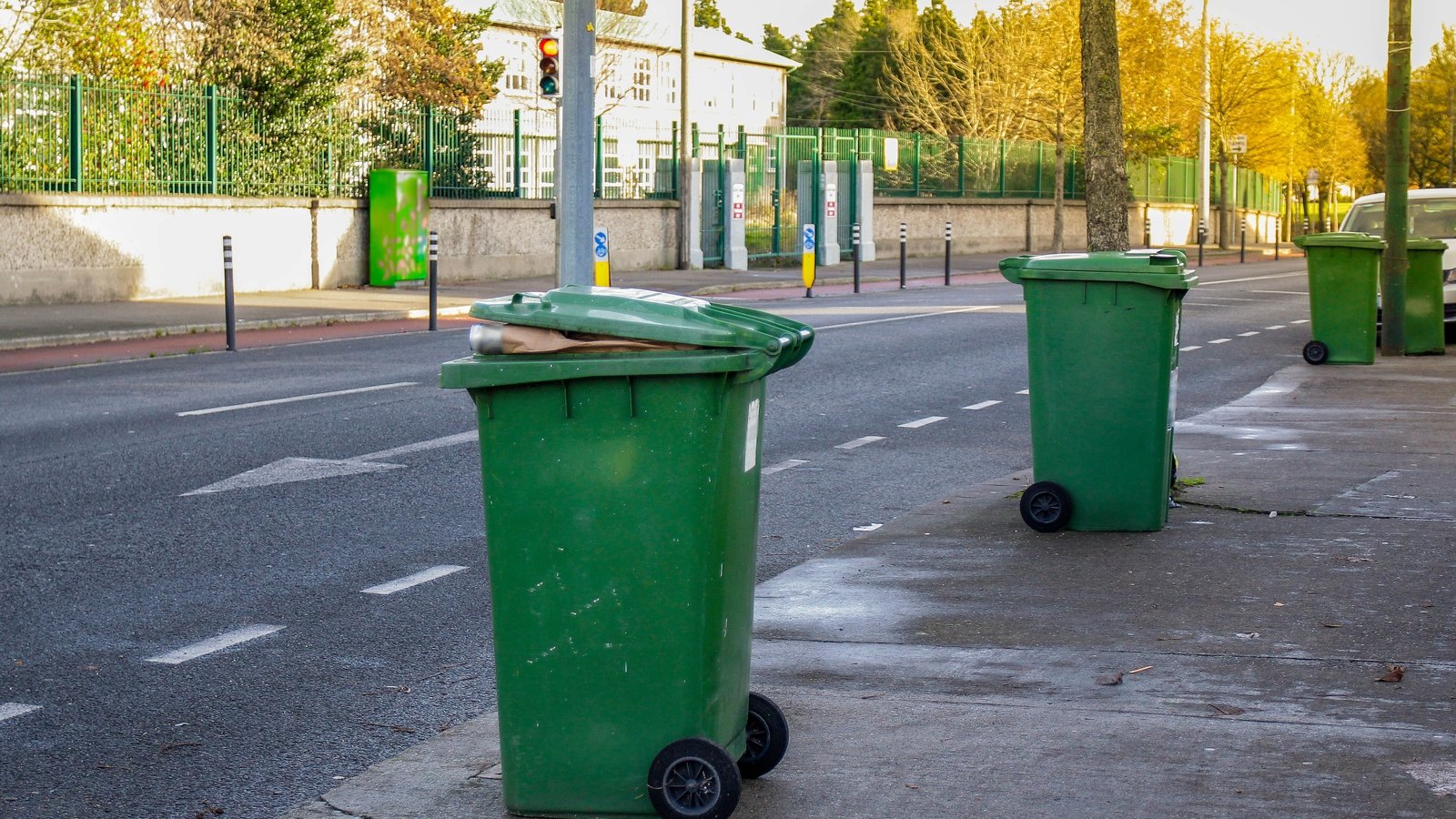
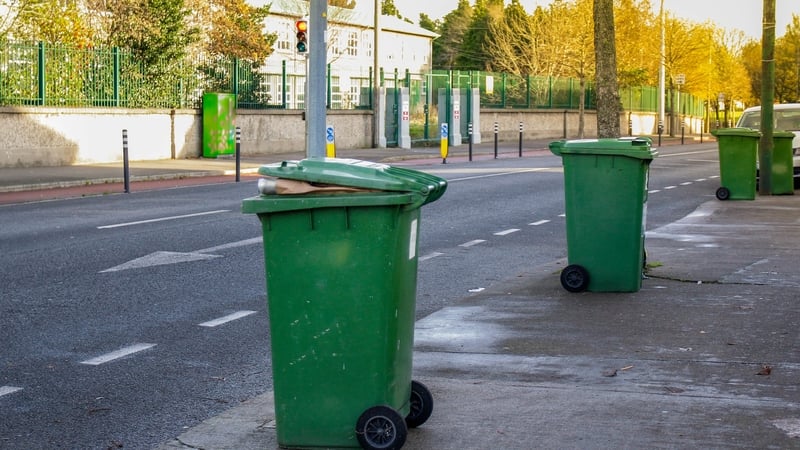
A major new report on the management of the annual 13 million tonnes of waste produced in Ireland has set a target of reducing that by 300,000 tonnes over the next six years.
However, it will take an additional State investment of €40m to achieve the reduction.
The country’s first Waste Management Plan for a Circular Economy 2024-2030 is a national strategy that will replace the existing regional waste management plans across provincial and local regional authorities and places the emphasis on more waste prevention and increased recycling, reusing and repair practices.
The plan, launched in Limerick city, outlines a number of key priorities to tackle what is regarded as the significant waste challenges facing us over the rest of the decade.
Regional Waste Co-Ordinator for the Connacht-Ulster area Kevin Swift said that last year alone collected over 13 million tonnes of waste, or over two tonnes per person, equivalent to the weight of two cars, which is unsustainable and cannot continue.
“As a nation we’ve seen a significant increase in the amount of waste generated each year and it’s having a dramatic impact on our environment, our climate and our natural resources. We urgently need a new approach, and this plan provides a roadmap for how we can produce less waste and become more circular by repairing, reusing and recycling more,” he said.
According to the figures, it shows that 41% of waste in Ireland is recycled versus an EU target of 50% with a target of 60% by 2030.
Around 1.2 million tonnes of packaging waste was generated in 2021 with 58% recycled, but only 28% of plastic packaging was recycled.
The EU has set a target to almost double that to 50% for this type by next year.
Nine million tonnes of construction and demolition waste was collected last year with the aim of reducing this by 12% over the period of the plan.
Around 753,000 tonnes of food waste was generated in the country in 2021 and the target is to halve that by 2030 and 170,000 tonnes of textile and garment waste, or 35kg per person, is generated in a year in the State.
The aim of the new waste plan is to reduce that to 20kg per individual at least in the next six years.
Overall, the plan sets out an ambitious target of 0% waste growth per person, placing the onus on individuals to reduce the waste they produce or at the very least not to create any more, which effectively would lead to a 7-10% reduction in predicted waste generation by 2030.
The more sustainable targets could prevent 300,000 tonnes of waste over the life of the plan and increase recycling rates by up to 9%.
Irish waste production continues to grow along with population growth which is currently twice that of the OECD average.
The State does not have adequate infrastructure to respond to the growth and continued dependence on exporting is not sustainable, the report warns, so waste prevention and increased recycling and reusing activities are key to achieving reductions in waste production.
The costs involved in waste management currently are huge.
The private waste sector is valued at over 1.4 billion and employs approximately 10,000 people.
Local authorities spend 280 million annually on its waste functions, 120 million of this on street cleaning, a further 38 million on recovery and recycling and 35 million on landfill usage.
The report puts the cost of the transition to circularity in the management of our waste is put at a minimum of €40m.
Additional resources will be required in key areas including communications, engagement, regulation and infrastructure to enable the local authority sector to make a meaningful contribution to this transition.

